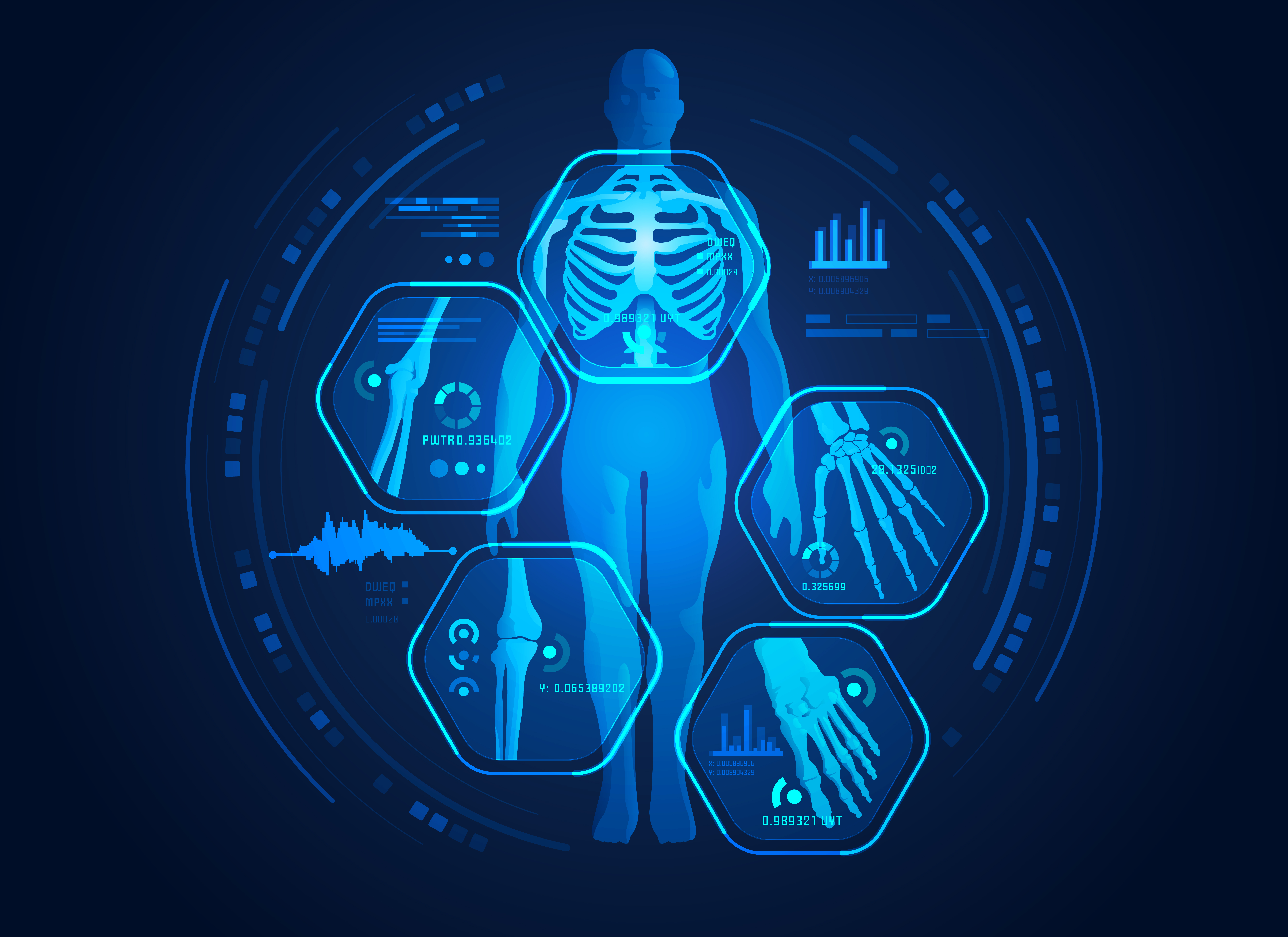
The FDA has approved a new AI-powered X-ray device from GE Healthcare that the company says reduces the time to detect a collapsed lung from eight hours to as little as 15 minutes..
Dubbed “Critical Care Suite” and built in collaboration with UC San Francisco (UCSF), the device uses AI algorithms to scan X-ray images and detect pneumothorax, a deadly condition more commonly known as a collapsed lung that affects roughly 74,000 Americans each year.
“Clinicians are always looking for clinically proven methods to increase outcomes and improve the patient experience,” said Dr. Rachael Callcut, Associate Professor of Surgery at UCSF, a surgeon at UCSF Health and Director of Data Science for the Center for Digital Health Innovation, in a statement. “When a patient X-ray is taken, the minutes and hours it takes to process and interpret the image can impact the outcome in either direction. AI gives us an opportunity to speed up diagnosis, and change the way we care for patients, which could ultimately save lives and improve outcomes.”
While the device is currently trained to detect pneumothorax, GE says it’s working to enhance it to detect other health conditions.
“By integrating AI into every aspect of care, we will ultimately improve patient outcomes, reduce waste and inefficiencies, and eliminate costly errors. Critical Care Suite is just the beginning,” GE Healthcare CEO Kieran Murphy said at the time of the announcement.
According to the company, the device uses AI to analyze images from an X-ray, and if pneumothorax the image is sent directly to a radiologist for closer review. Moreover, said the company, “automatically running quality checks on-device integrates them into the technologist’s standard workflow and enables technologist actions – such as rejections or reprocessing – to occur at the patient’s bedside and before the images are sent to PACS.”
“Currently, 62% of portable chest exams are marked ‘STAT’ or for urgent reading, but they aren’t all critical,” said Jie Xue, president and CEO of the firm’s X-ray division. “This creates a delay in turnaround for truly critical patients, which can be a serious issue. Our embedded AI algorithms (also) offer hospitals an opportunity to try AI without making investments into additional IT infrastructure, security assessments or cybersecurity precautions for routing images offsite.”


